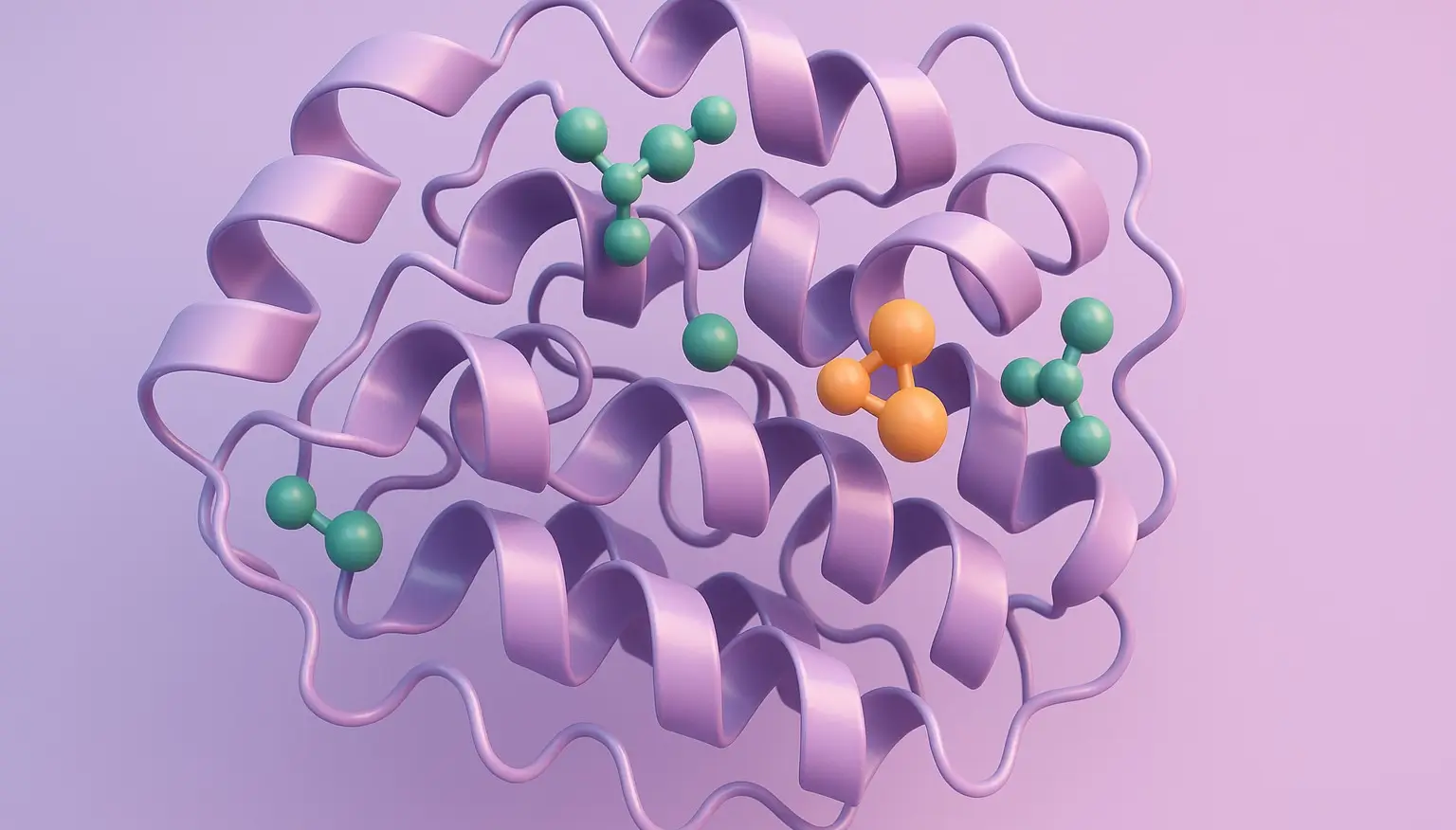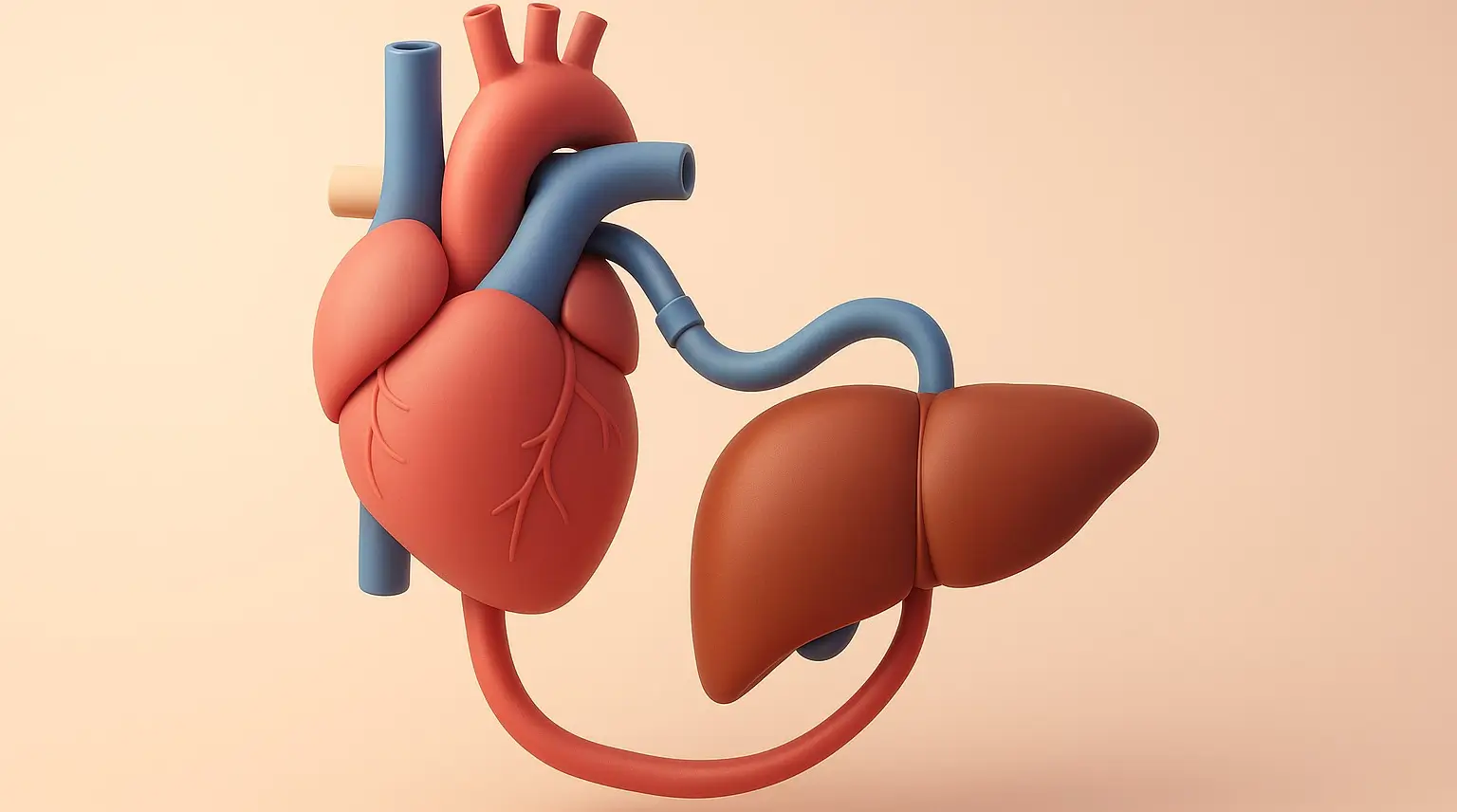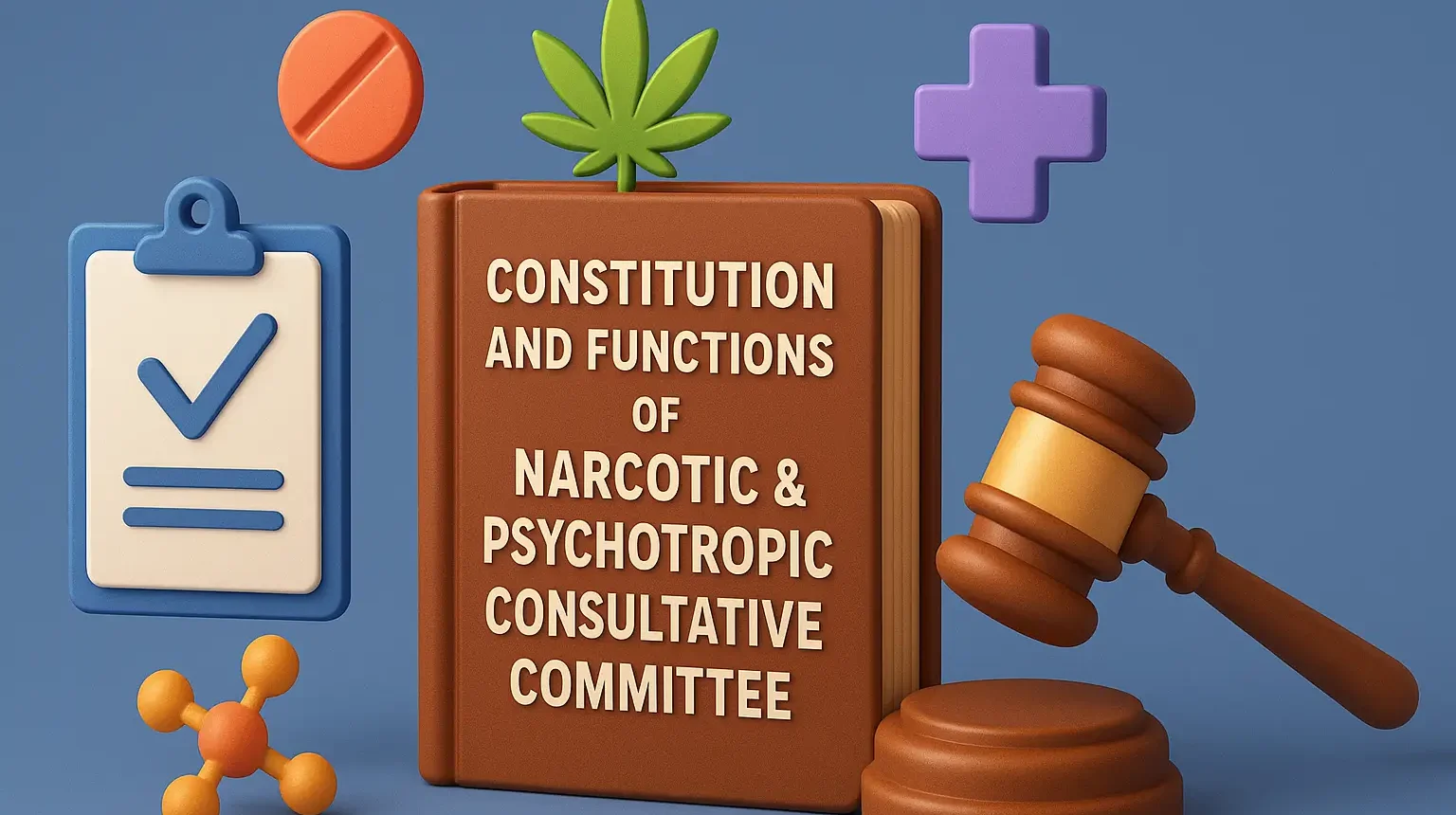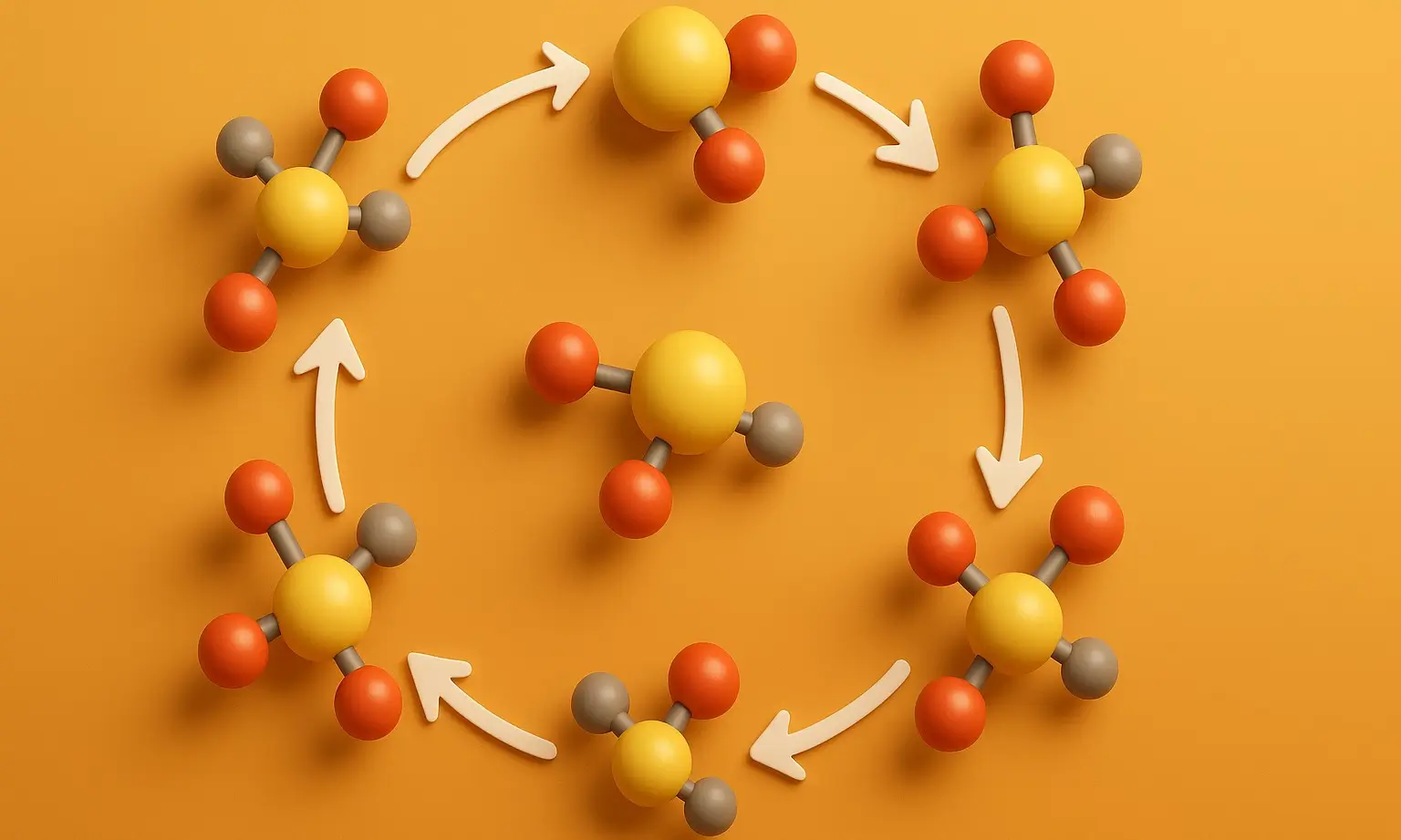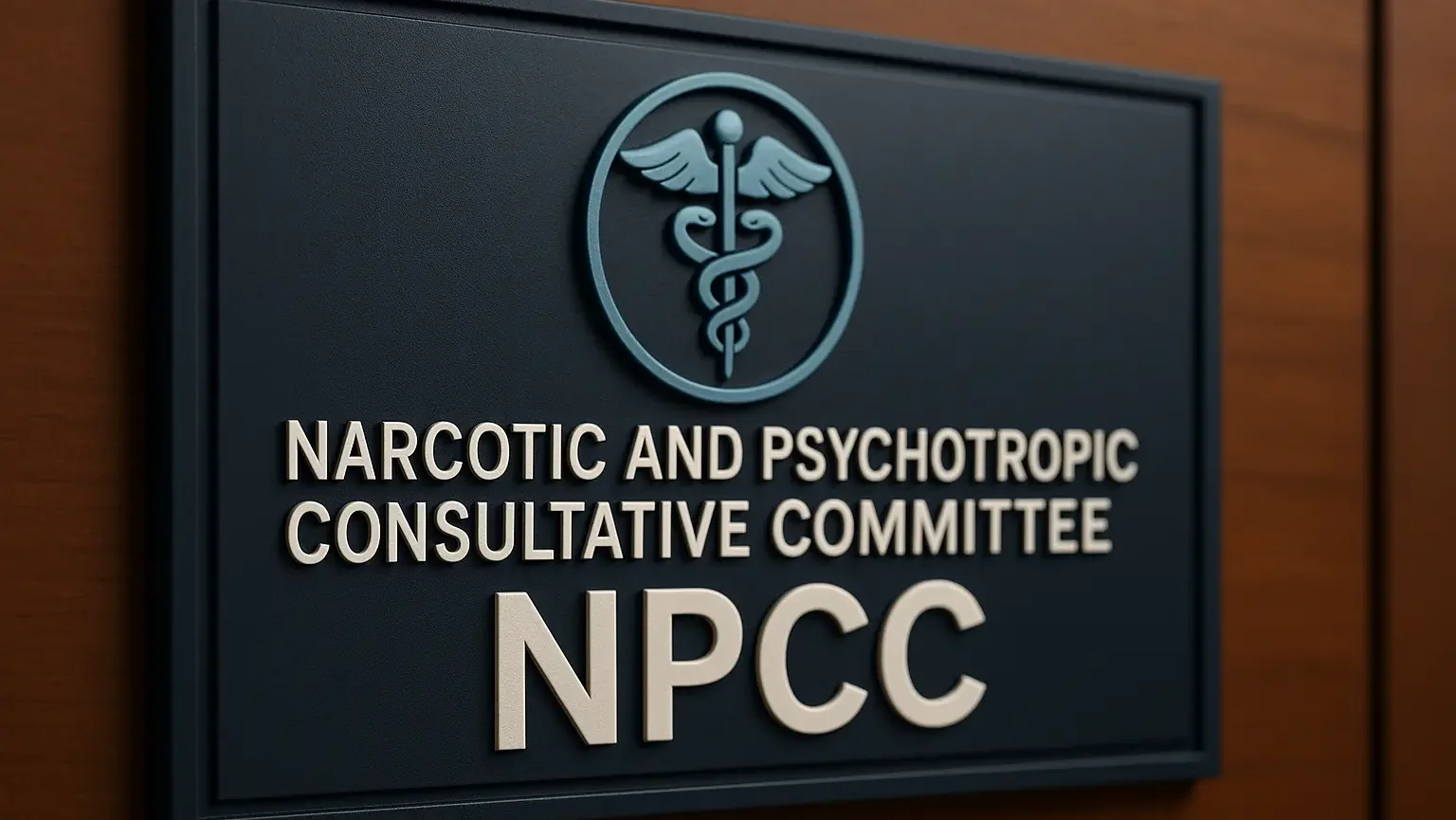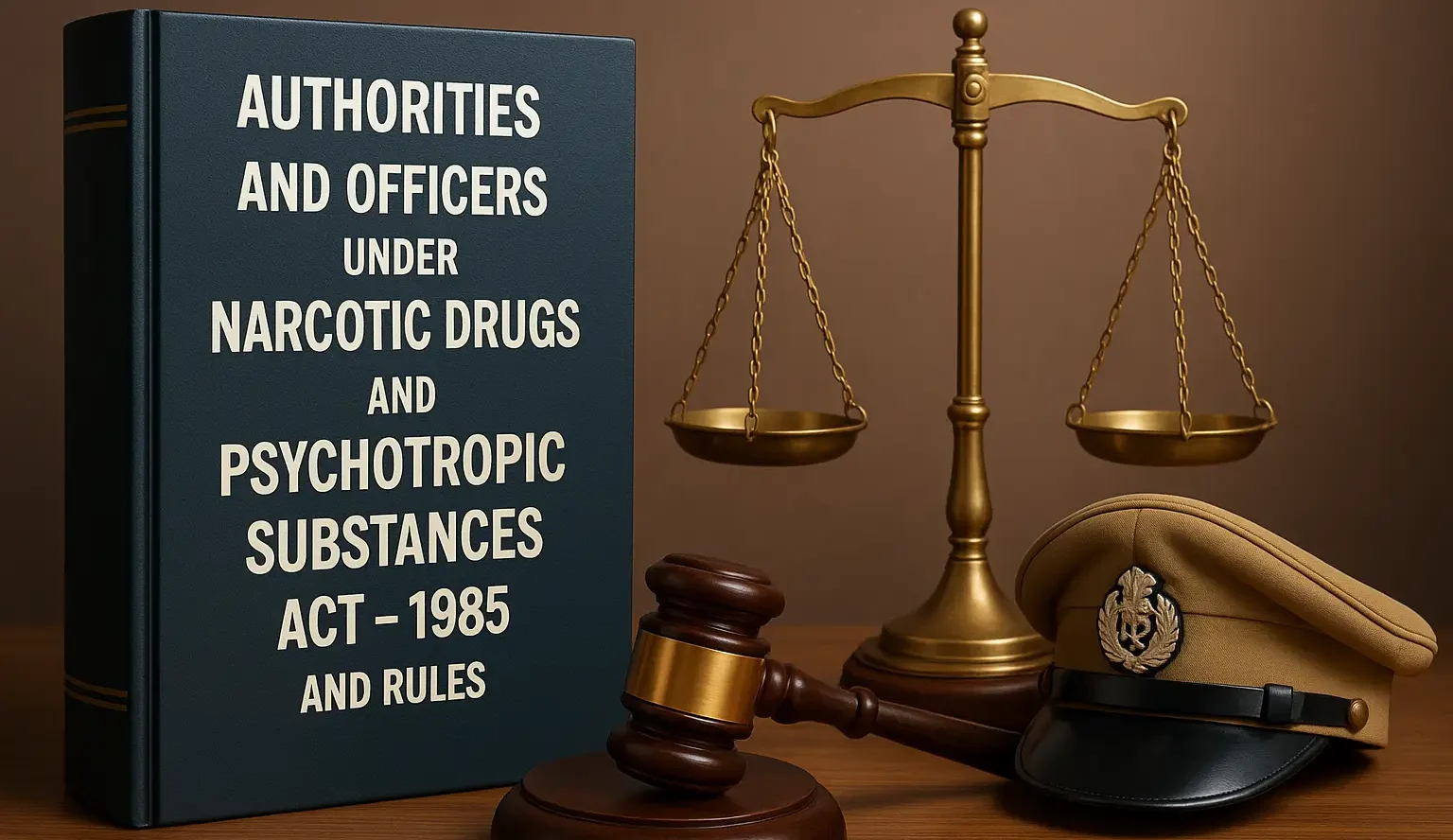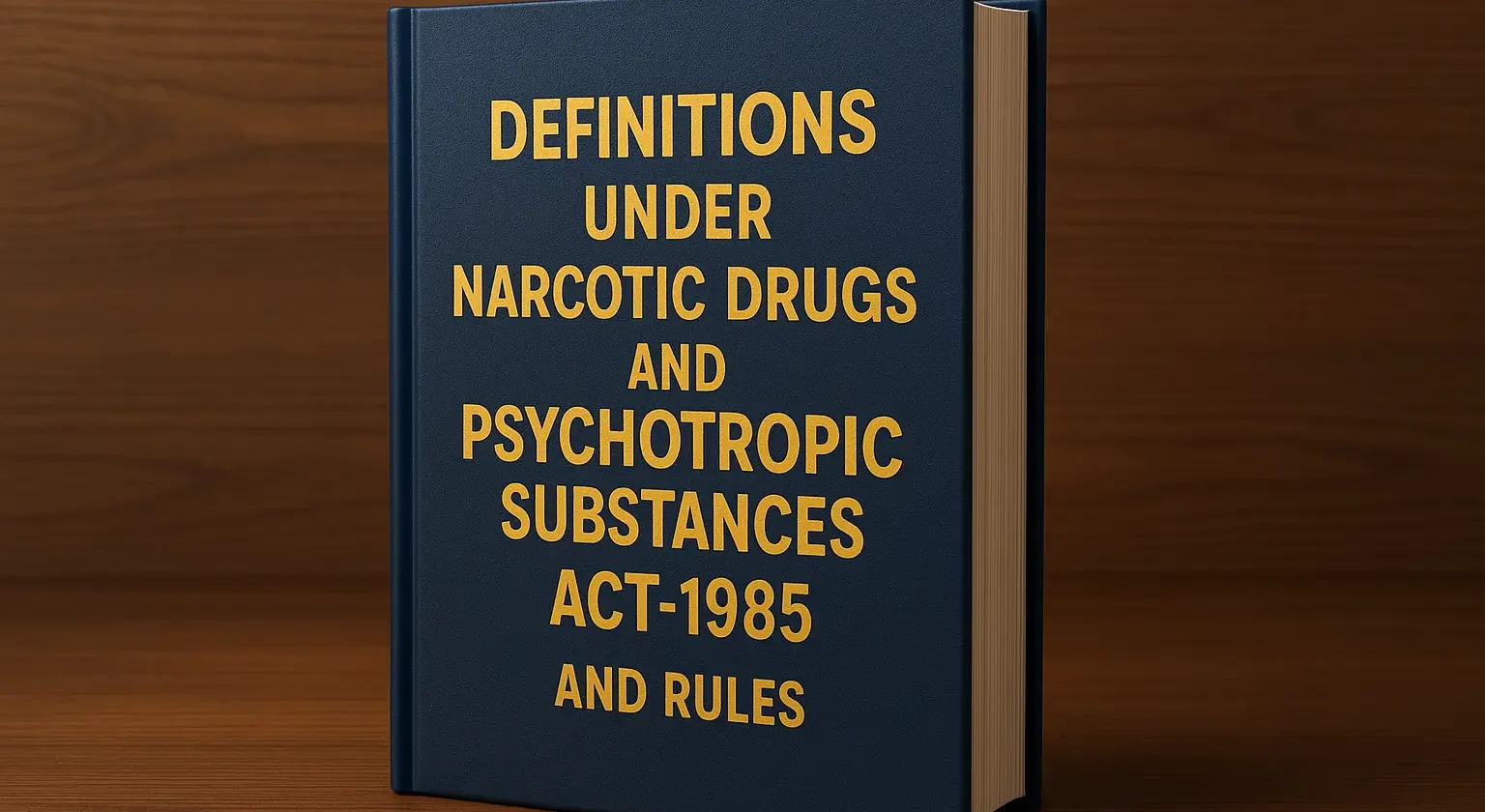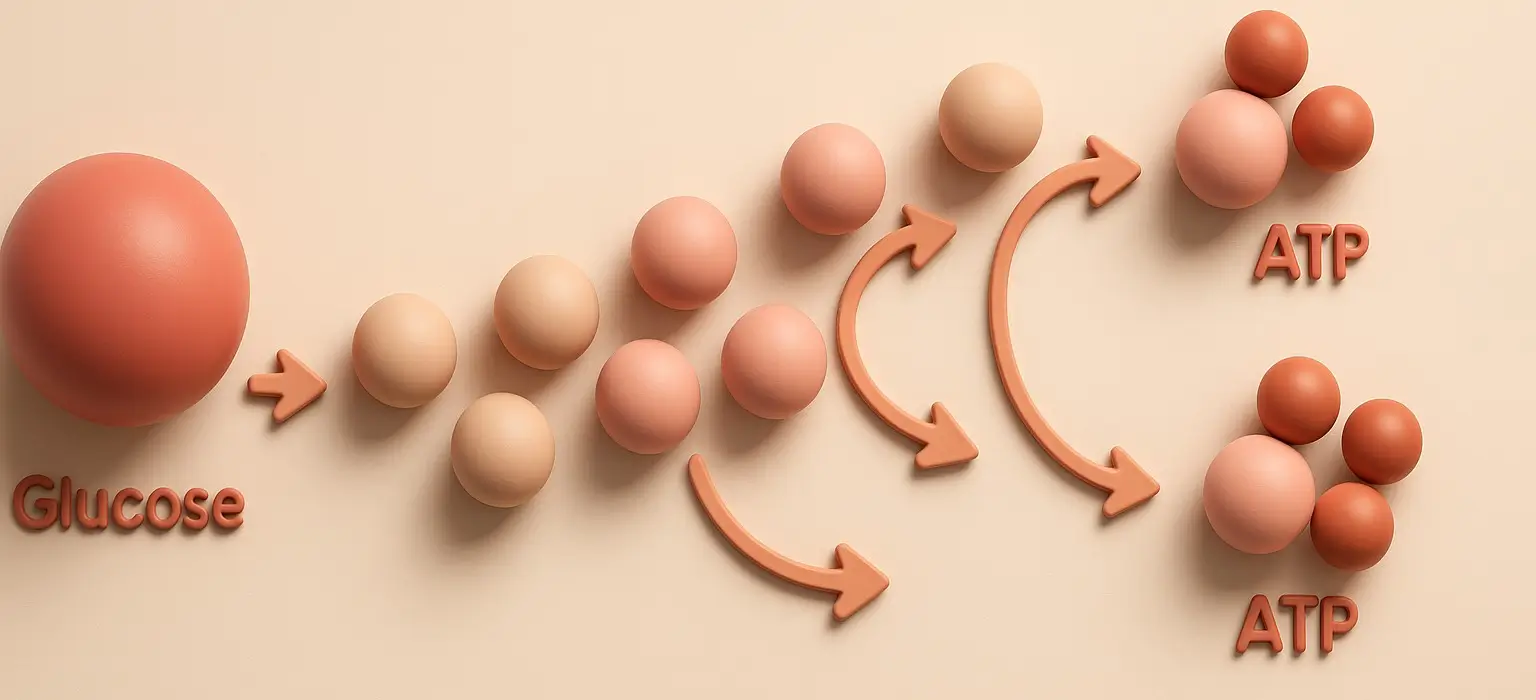Glucose-6-Phosphate dehydrogenase (G6PD) deficiency
Glucose-6-Phosphate dehydrogenase (G6PD) deficiency is a genetic disorder that affects the G6PD enzyme, crucial in the pentose phosphate pathway for maintaining cellular redox balance. It is inherited in an X-linked recessive manner, primarily affecting males. Cause of Glucose-6-Phosphate dehydrogenase Mutation in G6PD Gene: Leads to reduced or absent G6PD enzyme activity. Inheritance: X-linked recessive; males … Read more

